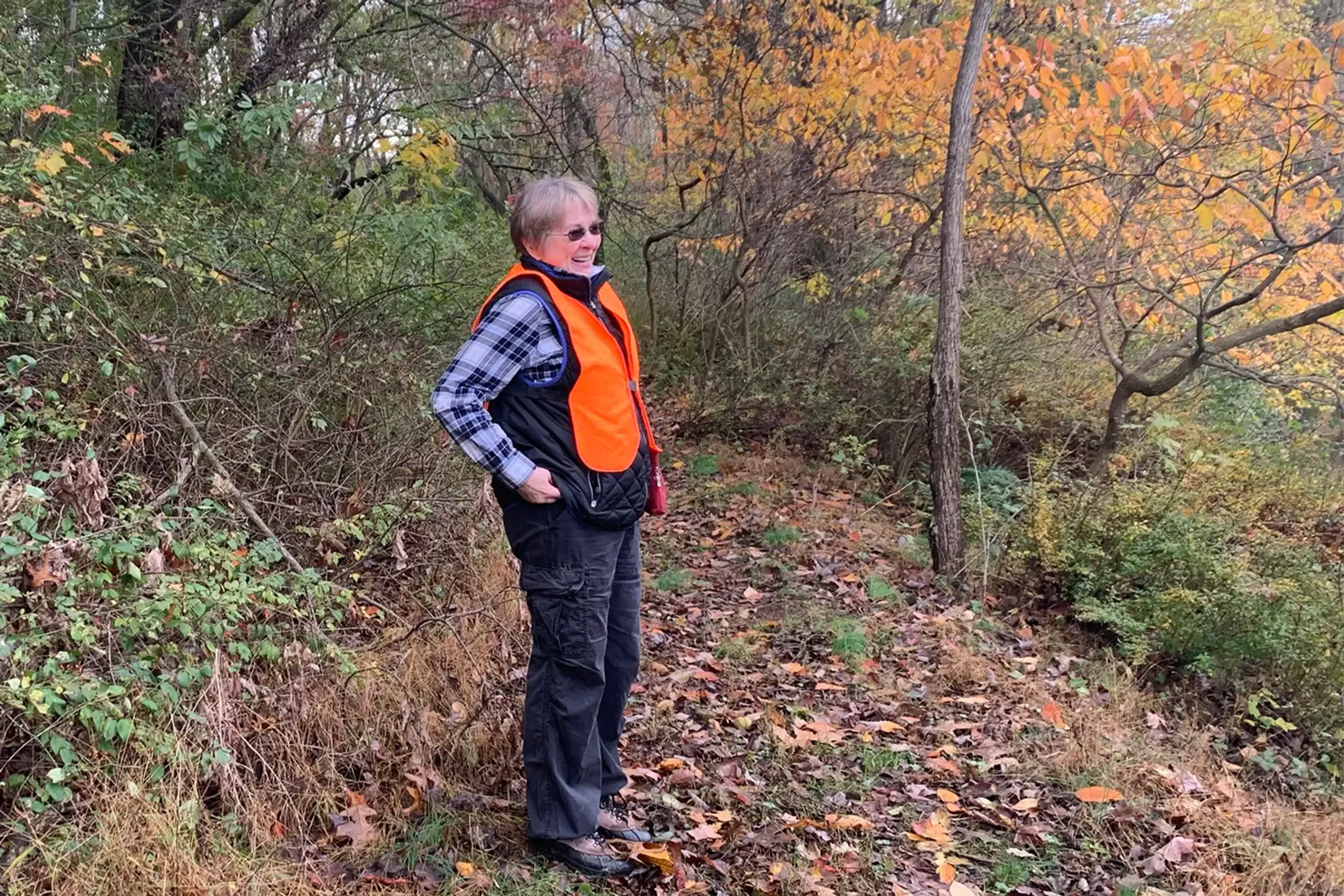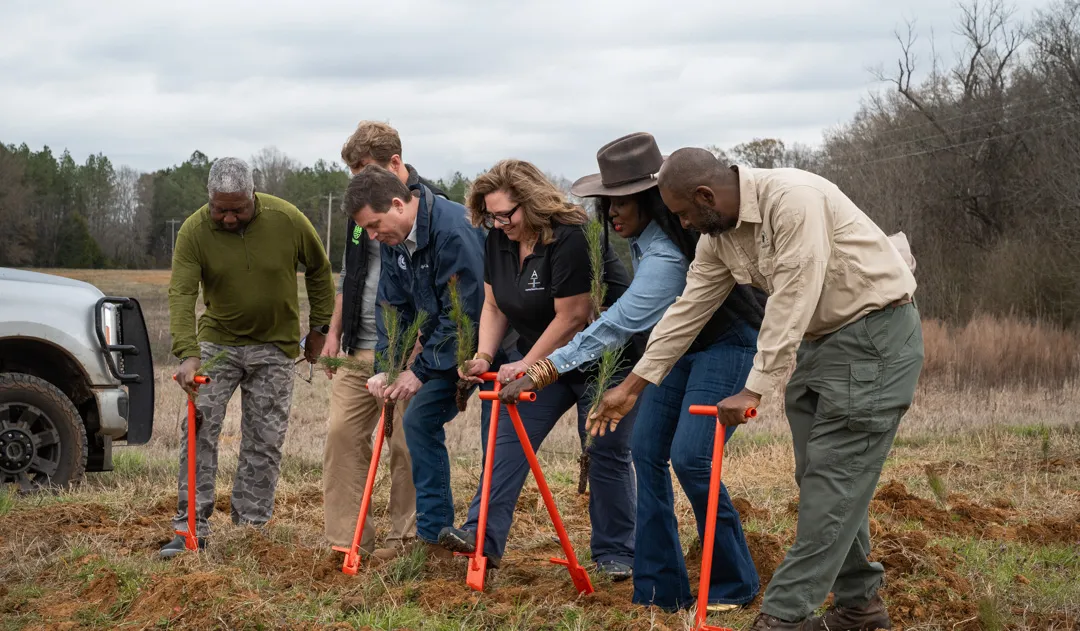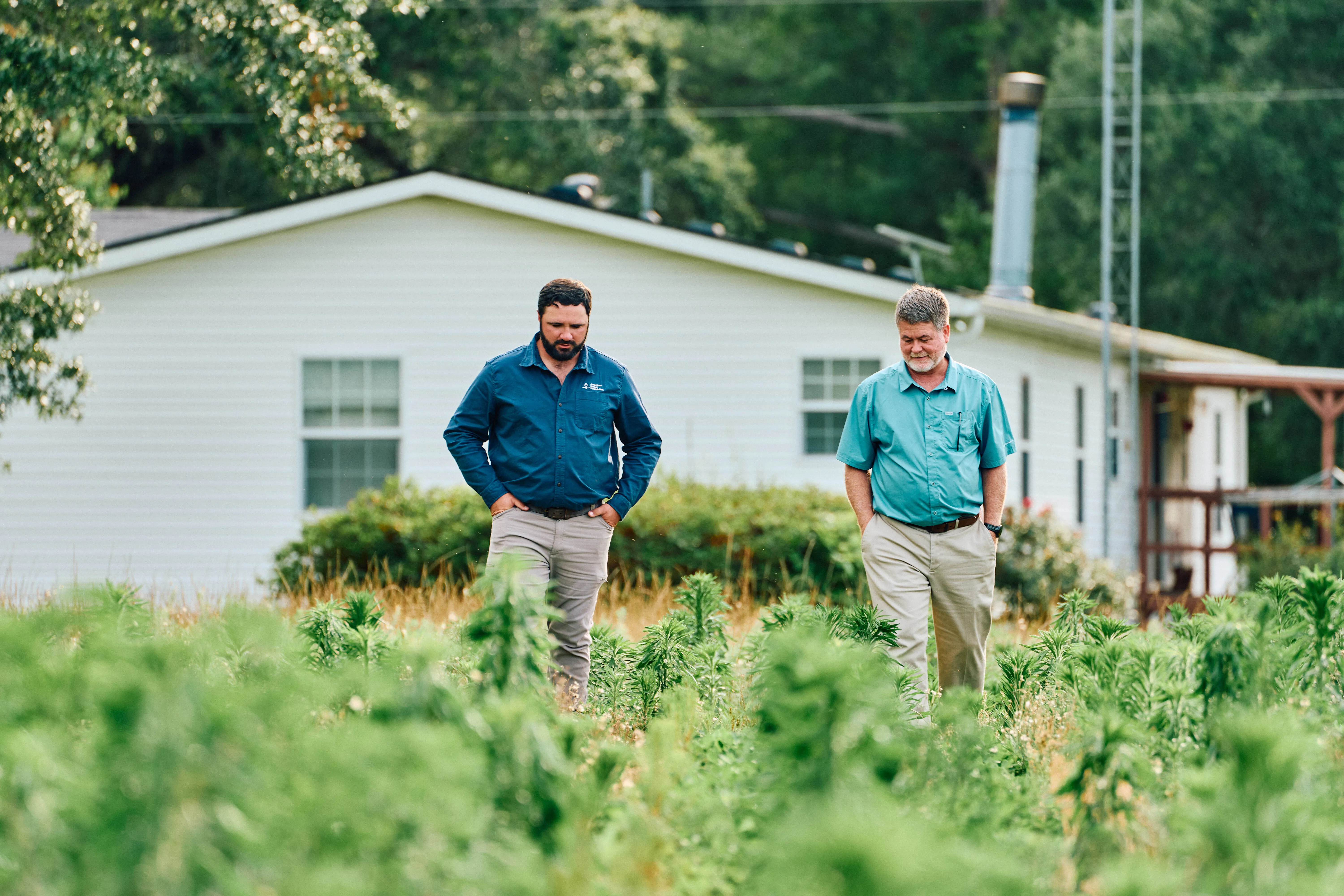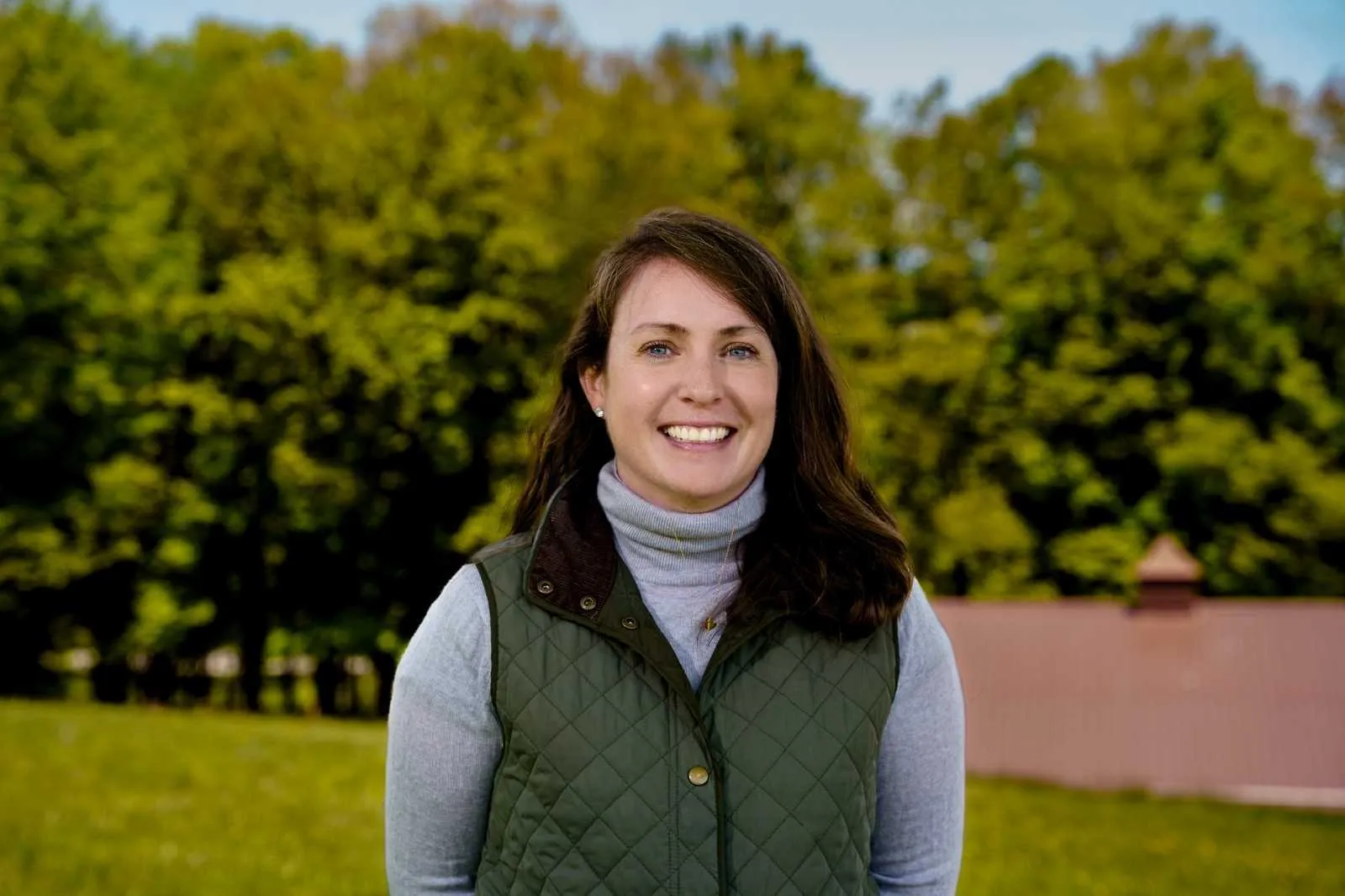American Forest Foundation Applauds Lawmakers for Historic Investment in American Communities & the Planet

WASHINGTON, D.C. (August 16, 2022) – The American Forest Foundation (AFF), a national conservation organization that works to deliver meaningful conservation impact through the empowerment of family forest owners, responds to the signing of the Inflation Reduction Act of 2022 into law.
Today, our policymakers have ignited a path forward so that everyone can do their part to protect our planet now and for future generations.
American Forest Foundation President and CEO Rita Hite said:
“The Inflation Reduction Act is a historic investment in American communities and our planet. Today, lawmakers in Washington have recognized what many of us have known for a long time — our forests, especially our family-owned forests, are powerful forces that can help bolster global resilience in the fight against climate change.
Headlined in this legislation are elements that will unlock the power in family-owned forests, while providing a critical economic infusion in rural communities.
Across the United States, families and individuals own the largest portion — 39 percent — of forests. This represents one in four rural Americans. Yet, despite their size and potential, this constituency has historically been overlooked, undervalued and under-resourced. The Inflation Reduction Act works to change this by providing unprecedented levels of incentives as well as financial levers, such as access to carbon markets, to small-scale forest landowners so that they can meet their personal forest management goals while mitigating climate change.
What will this look like for real American family forest owners:
The Hartman sisters of Pennsylvania: Three teachers in western Pennsylvania who inherited 250 acres of land but struggle to know how to care for it may now have access to the technical assistance needed to care for their land sustainably through expanded funding to the Environmental Quality Incentive Program.
Tyrone Williams of North Carolina: A third-generation African American landowner who wants to pass his land on to his kids but is struggling to find a way for the farm to pay for itself may now be able to access emerging carbon market programs, such as the Family Forest Carbon Program, finding a new revenue stream for improved forest management, thanks to investments made in the Landscape Scale Restoration Program.
The Rodgers family in California: A couple who operates an outdoor summer camp for kids but cannot afford to tackle the overgrown fire-prone stands at their camp may now have the financial support needed to implement fire resilience management practices to protect their camp through investments to the National Forest System for wildfire resilience in the urban-wildland interface.
Everyone has a role to play in the fight against climate change — from our federal government to corporations to forest landowners. Today, our policymakers have ignited a path forward so that everyone can do their part to protect our planet now and for future generations.”
Contact: Elizabeth Greener; 202-253-1096; elizabethrgreener@gmail.com
Related Articles

February 12, 2026
Fields & Forests Plants its Millionth Tree
AFF celebrated the millionth planting on recently enrolled landowner Portia Fulford’s property near Montgomery, Alabama. AFF was joined by several key partners, including the Arbor Day Foundation, the Alabama Forestry Commission, the Alabama Forestry Association, Help for Landowners, and Funga.

February 11, 2026
Building Momentum & Impact: A Look Back at 2025
As we look back on 2025, one thing is clear: the Family Forest Carbon Program community continues to grow in both scale and impact. From enrolling new landowners to delivering verified carbon credits and expanding landowner support, this past year brought significant milestones for family-owned forests across the country.

February 3, 2026
Reflecting on 2025 and Looking Ahead
Happy New Year from the Family Forest Carbon Program team! It’s been a tumultuous year, to say the least, so I hope you’ve all been able to find some peace, prosperity and perspective enjoying your farms, fields, and forests with your families. As I reflect on our community, it’s clear we have so much to be grateful for.